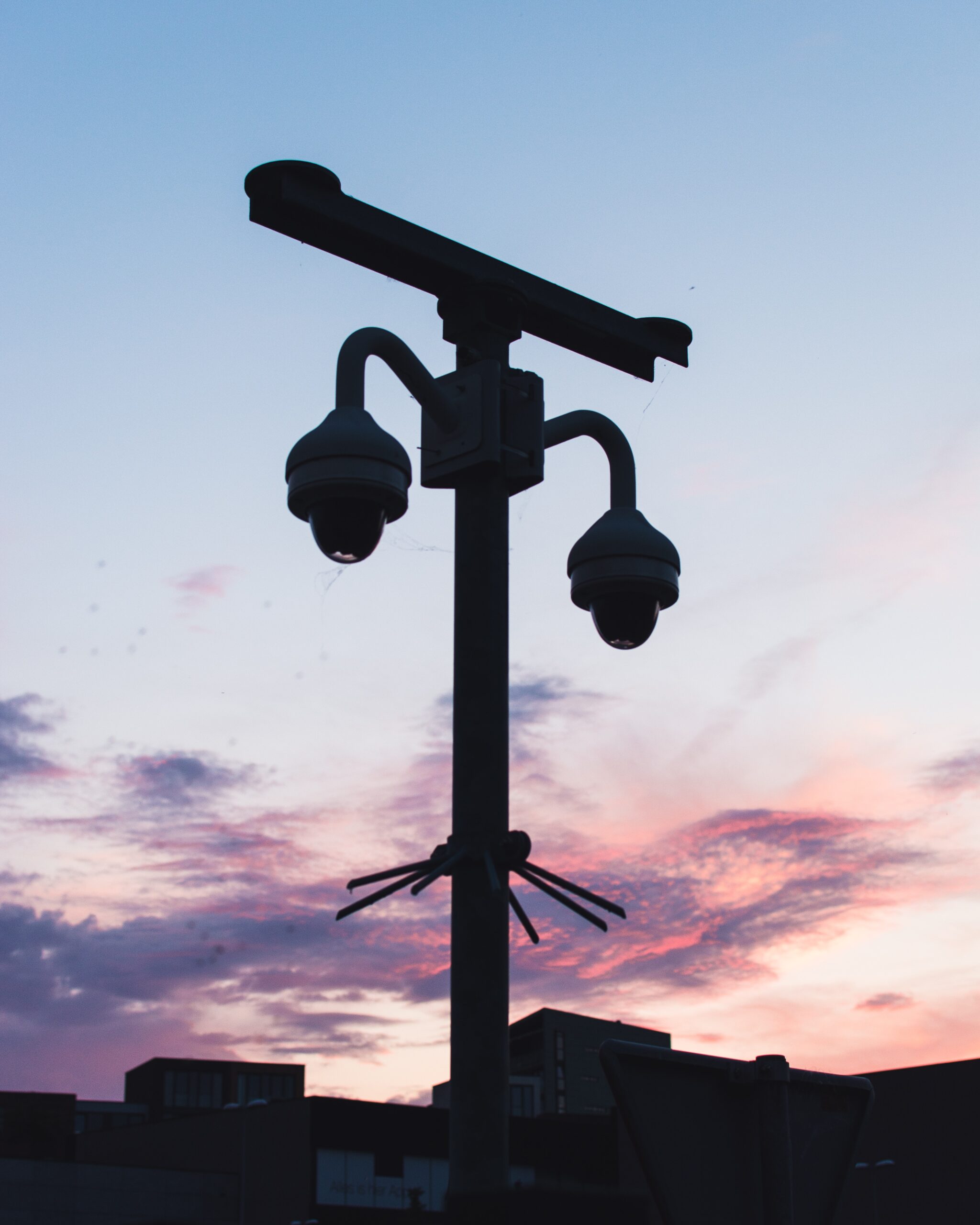With the easing of restrictions, many people have been getting out and about more. While steps towards normality are obviously to be welcomed, there have been some less welcome consequences too such as the increase in potential opportunities for people to be exposed to unpleasant and aggressive behaviour. For instance, a recent news story reported that a security guard was spat at after refusing entry to someone at a shop in Manchester. As well as being a horrible experience for the security guard, it would also have been upsetting for the shop’s other employees and any members of the public who saw the attack. Potentially it could even put them off returning to that shop or area.
Obviously there are no quick and easy answers about how to eliminate this kind of reckless, aggressive and unpleasant behaviour. But it does highlight the need for businesses to do everything they can to protect both the people who work in their premises and also the people who use them in any other capacity such as visitors and customers. People aren’t going to want to take their custom to places where they don’t feel safe.
What steps can businesses take to help people feel safe and secure?
Clearly there will be variation according to the nature and size of the business, as well of the physical premises itself. But despite these differences, there are still many options that can be scaled up or down to ensure effective safety solutions are in place.
- Install a CCTV security system
The presence of CCTV cameras is a sign that security’s being taken seriously. If individuals know their actions could be recorded on camera, it can make them think twice before committing any criminal acts. And the knowledge that criminals might be put off trying anything can make other people feel safer. The sophistication of many of today’s solutions also means that if criminal activity was taking place or there was another emergency situation, such as a fire breaking out and rapidly spreading, the use of cameras can facilitate a very rapid response from the emergency services.
There’s an important balance to be struck though; while it can be reassuring to both employees and members of the public to know that there is camera surveillance of the area, you don’t want to be intrusive. It’s always important to be respectful of people’s need for privacy so use a reputable installation company who can advise you about complying with all requirements on that front.
- Make sure you have clear emergency exit signage
If there was a sudden emergency, people will need to know how to get out of the building quickly. But some building users might not be familiar with the layout and if the most obvious route is blocked, they need to find an alternative route fast. In a stressful situation, people are likely to be panicking and not thinking clearly. This is why it’s essential that emergency exit signs are located prominently so people can quickly work out how to get out of the area. Make sure that all illuminated signs (and other forms of emergency lighting) are checked regularly and maintained properly, increasing their visibility and helping people to find their way out in the event of a mains power cut or if smoke was starting to spread.
- Introduce appropriate visitor control processes
Even in public buildings, there will be some places that are off limits for people who don’t work there. So it’s important to control who can access those spaces to keep employees feeling safe, and to make anyone with criminal intent less likely to make your business a target.
Larger sites may need a more complex solution such as an automated access control system and perimeter management solutions like fencing and entry barriers. Smaller premises won’t necessarily require such an extensive system but it’s still advisable to implement processes to manage who is entering your building: solutions such as turnstiles for example can help to prevent people from slipping through unnoticed.
In businesses which can be more freely entered, like hospitality premises, your staff play an important role. Actions such as greeting people as they come in and engaging with them can help make them feel comfortable about entering the premises. It can also reduce the risk of criminal activities such as theft; once someone knows they’ve been noticed, it can reduce their inclination to commit a crime due to the risk of being caught in the act or identified later. Panic alarms can also be provided so staff can rapidly call for help in the event of a situation unfolding. If there was an emergency, you will be relying on well trained staff to get everyone out or to a place of safety so make sure you conduct regular drills with them so they know how to react quickly.
- Maintain your systems
Most businesses will already have at least some equipment in place to address risks from both a security and fire perspective. But in our experience, some businesses can also overlook the importance of making sure it continues to work correctly over time. It’s vital that any equipment you already have is inspected and maintained by a competent person. Check when it was last serviced, and if it’s fallen out of date arrange for someone to come and take a look at it as soon as possible.
As fire and security experts we can help you with risk assessing your premises and advising on what further actions can to be taken to address any risks that are identified. Please get in touch with us if you’d like to find out more about how we can help you.
